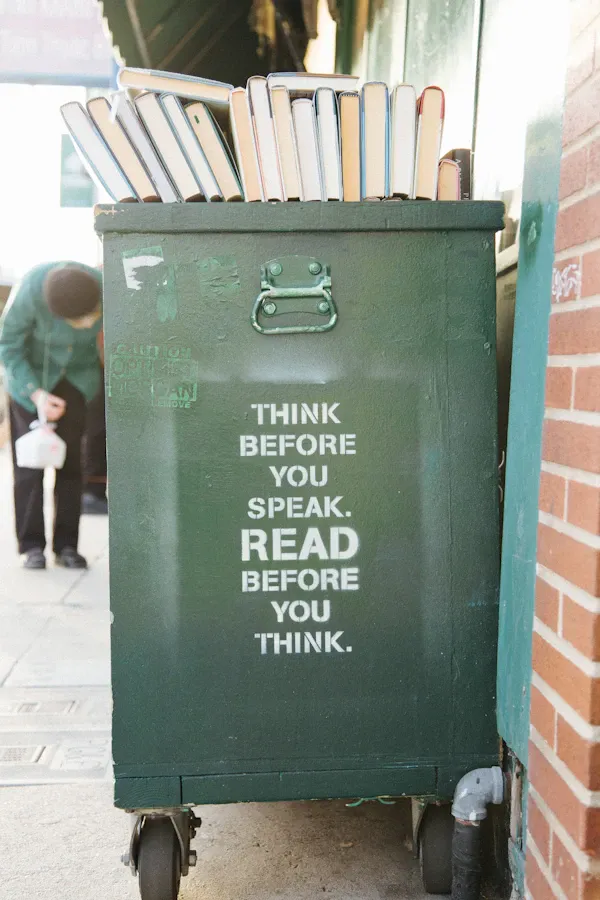When you memorize things to pass a multiple choice test, you demonstrate knowledge. When you write an essay in your own words, you show understanding. When you apply that knowledge every day in your field, you develop experience. But only when you draw from a deep well of accumulated experience, informed by both knowledge and practice, are you exhibiting true wisdom.
Wisdom and intelligence are not the same thing. People who score low on standardized tests can exhibit profound wisdom, and people who score high can be quite foolish. Most of us have areas we are strong in, and areas where we have more to learn. Wisdom and humility go together; it can be quite wise to admit you do not know.
Here's what wisdom looks like in practice:
- Discerning what's true and what's false about propaganda disguised as news, or marketing disguised as science (for example).
- Understanding someone's motives without blaming them, knowing there's very little difference between having "a point of view" or "an agenda".
- Recognizing that we, too, desire to be understood, and we deploy our persuasive abilities toward this end even when we're wrong.
- Exhibiting grace when corrected, and humility when confused, choosing to prioritize curiosity over being right.
Wisdom is what happens when we get our ego out of the way and just vibe with the cumulative sum of all knowledge, taking what we need and leaving the rest behind. No human brain can grasp all of it at once, but we can always seek to learn and grow, sharing what we have for others and receiving what they have for us. We may not have all the answers, but we can rejoice in the answers we do have.



